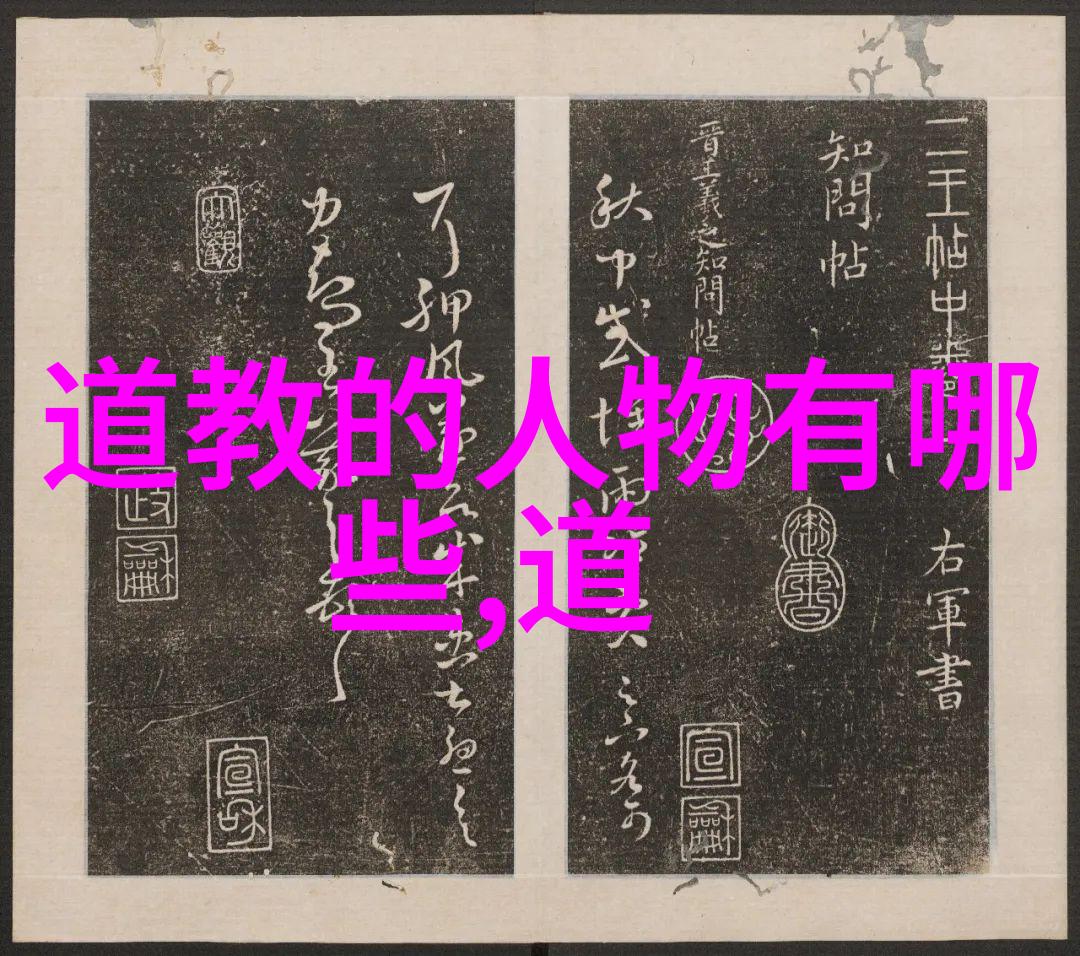The Philosophy of Wu Wei Embracing the Art of Effo
Understanding Wu Wei

Wu wei is a fundamental concept in ancient Chinese philosophy, particularly in Taoism and Confucianism. It translates to "non-action" or "effortless action," but its meaning goes beyond these literal translations. Wu wei refers to the natural flow of events, where actions are taken without forcing or controlling the outcome. It's about aligning oneself with the natural order (Tao) and allowing things to unfold organically.
The Roots of Wu Wei

The idea of wu wei can be traced back to Lao Tzu's teachings in his seminal work, the Tao Te Ching. He emphasized that humans should strive for balance and harmony within themselves and with nature by embracing simplicity, humility, and non-interference. This philosophy encourages individuals to let go of their egoistic desires and ambitions, instead following a path that is more aligned with universal principles.
Practicing Wu Wei

Incorporating wu wei into daily life requires mindfulness and self-reflection. It involves recognizing one's own limitations and understanding when it is necessary to take action versus when it is better not to interfere with the natural course of events. By letting go of attachments to specific outcomes or results, individuals can reduce stress, cultivate inner peace, and find greater satisfaction in their lives.
Applying Wu Wei in Leadership

Leaders who embrace wu wei demonstrate an ability to inspire others through subtle influence rather than forceful commandment. They foster an environment where team members feel valued for their contributions while also being encouraged towards personal growth through guidance rather than strict direction.
5.Conclusion - A Path Towards Harmony

Adopting wu wei as a guiding principle can lead individuals toward a more harmonious relationship between themselves and their surroundings – both physically within nature’s realm as well as mentally amidst human interactions – ultimately resulting in increased happiness for all parties involved; thus making this philosophical approach valuable across various aspects including leadership roles within society at large



